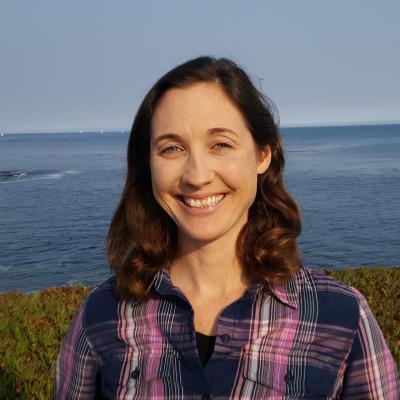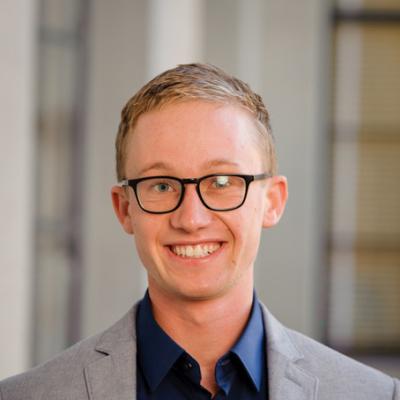Sabrina Beyer, a PhD student at the University of California, Santa Cruz, and Gabriel Englander, a PhD student at UC Berkeley, have been awarded NOAA National Marine Fisheries Service (NMFS)-Sea Grant Fellowships.
Beyer and Englander are among seven graduate students nationwide who were selected for the nationally competitive research fellowship, which supports students pursuing doctoral degrees in population and ecosystem dynamics as well as marine resources economics. The program is a focused workforce development effort to train highly qualified professionals in areas of critical need for NOAA’s science-based approach to fisheries management.
Fellows are chosen through a competitive national selection process. This year, six population and ecosystem dynamics fellowships and one marine resource economics fellowship were selected.
Since its inception, the joint fellowship program has supported 94 population and ecosystem dynamics students and 36 marine resource economics students, who work with a NMFS mentor, strengthening the working relationships between academia, NMFS, and Sea Grant. About 40% of the alumni now work for NOAA.
Meet the 2018 California NMFS-Sea Grant fellows

Sabrina Beyer is a PhD student at the University of California Santa Cruz studying the reproductive ecology of marine fishes with a particular interest in the live-bearing California rockfishes. Sabrina has a master’s degree in fisheries from Auburn University and is currently collaborating on life history projects with the NOAA Southwest Fisheries Science Center in Santa Cruz, California.
Project Summary: Oceanographic effects on rockfish (Sebastes spp.) reproductive success and consequences for population dynamics

Gabriel Englander is a PhD candidate in the Department of Agricultural and Resource Economics at UC Berkeley. His interest in fisheries was sparked by the increasing availability of high resolution fishing activity data. He is a graduate of the “Environment and Society: Data Sciences for the 21st Century” NSF Research Traineeship. He graduated from Ohio State University with a BS in Economics in 2015.
Project Summary: Estimating the effectiveness of the world’s fishing-restricted areas